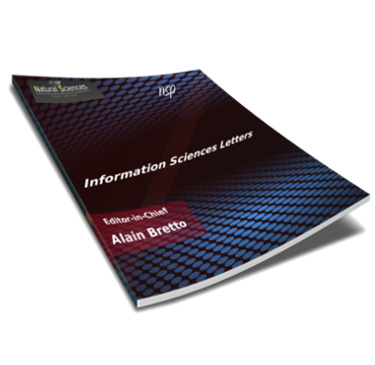
Information Sciences Letters
Abstract
This research intends to identify online reading libraries" (on the internet) that offer Sharia Policy books and other materials in Arabic. It also explains the study services supplied by these libraries in the science of Sharia Policy by arranging the books in their "Sharia Policy Sections" by Sharia policy areas and topics. These library sections will be analyzed, criticized, and compared. Descriptive, analytical, critical, and comparative methods were used. The research found: "Jaame Al-Kutub Al-Islamiyah" (The Collector of Islamic Books), "Al-Maktaba Al-Waqiya", "Khazanah Al- Faqeeh" (The Treasure of Jurist), "Sayd Al-Fawaed" (The Hunting of Interests), "Al-Maktabah Al-Shamelah" (The Comprehensive Library), "Turaas" (Heritage (The Islamic Lantern). The investigation found that the libraries services range from publishing and sending books through social media to browsing book titles. The investigation also found a scarcity of books on Sharia economic policy and comparative jurisprudence studies with laws. The comparison showed that "Jaame Al-Kutub Al-Islamiyah" (The Collector of Islamic Books) provides the greatest and most diverse services for researchers, notably in the fields of General Sharia Policy, Islamic Government System, Judiciary, and Hisbah (upholding community morals). The "Treasure of Jurists" library has more volumes on the "Islamic international system" than other libraries. "Mishkat Al-Islamiyah" (The Islamic Lantern) has more volumes about "Islams criminal system" than other libraries. Based on the research, it can be recommended that books on Sharia Policy be arranged according to their fields, along with collecting books on Sharia Policy from other sections of the library and placing them under its relevant section, taking into account the best editions of heritage books, and following up and adding new books. Sharia Policy literature should be in separate libraries.
Recommended Citation
A . Alshddi, Faisal
(2023)
"Sharia Policy" in Online Libraries (on the Internet): A Critical Analytical Study","
Information Sciences Letters: Vol. 12
:
Iss.
4
, PP -.
Available at:
https://digitalcommons.aaru.edu.jo/isl/vol12/iss4/25

